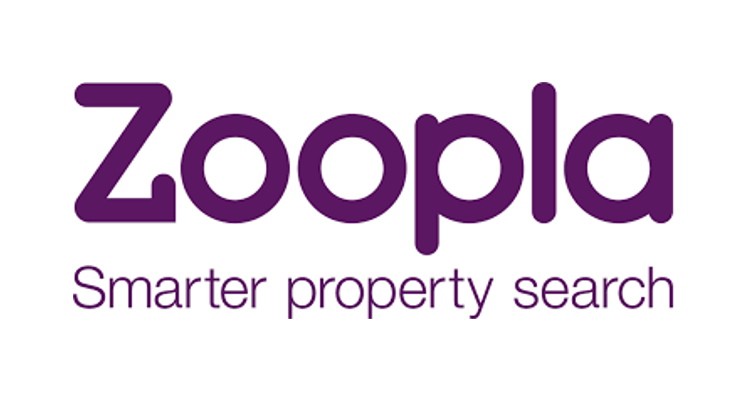Cloud Computing in Property Management: Advantages and Implementation
Cloud computing has emerged as a game-changer in various industries, offering scalable and flexible solutions for data storage, processing, and management. In the realm of property management, cloud computing has revolutionised operations, providing numerous advantages and streamlining processes for real estate professionals. This article delves into the benefits of cloud computing in property management and explores its successful implementation.
Cloud Computing and Its Impact Across Industries
The implementation of cloud computing extends far beyond the realm of property management. Numerous industries have harnessed the power of cloud-based infrastructure to enhance their operations and deliver efficient services. For instance, the healthcare sector utilises cloud computing to securely store and access patient records, enabling seamless collaboration among medical professionals.
Even online gaming platforms are utilising the technology. This allows players to enjoy their favourite games like online roulette at Paddy’s, whether American, French, European or a progressive jackpot version. These games are available 24/7 without the need of having to leave your house and rely on cloud-based infrastructure to deliver a seamless and immersive gaming experience.
Advantages of Cloud Computing in Property Management
Scalability and Flexibility: Cloud computing allows property management professionals to scale their operations based on demand. This scalability ensures that property managers can accommodate growth and handle fluctuations in their businesses efficiently.
Cost Savings: Adopting cloud computing in property management eliminates the need for costly on-premises infrastructure and maintenance. By leveraging cloud-based solutions, property managers can reduce upfront expenses, hardware investments, and ongoing maintenance costs. Cloud services typically operate on a pay-as-you-go model, allowing property managers to pay only for the resources they use, resulting in significant cost savings.
Enhanced Collaboration and Accessibility: Cloud-based property management software enables seamless collaboration among team members and stakeholders. Authorised users can securely access and update property data from anywhere, at any time, using any device with an internet connection. This accessibility fosters real-time collaboration as explained by Microsoft, simplifies communication, and streamlines workflows, resulting in increased efficiency and productivity.
Data Security and Disaster Recovery: Cloud computing provides robust security measures to protect property data from breaches, unauthorised access, and data loss. Cloud service providers implement advanced encryption protocols, regular backups, and redundant data storage to ensure data security and disaster recovery capabilities. Property managers can have peace of mind knowing that their critical information is safeguarded against potential threats.
Centralised Data Management: Cloud-based property management systems, detailed by All Property Management, offer centralised data storage and management, eliminating the need for multiple spreadsheets, physical files, or disparate software solutions. By consolidating data in a cloud-based platform, property managers can access comprehensive and up-to-date information, making informed decisions and improving operational efficiency.
Implementation of Cloud Computing in Property Management
To successfully implement cloud computing in property management, a strategic approach is necessary. Here are some critical steps to consider:
Assess Needs and Objectives: Evaluate your property management requirements and identify areas where cloud computing can provide the most significant impact. Determine specific goals such as improving data accessibility, streamlining communication, or reducing IT infrastructure costs.
Choose the Right Cloud Service Provider: Research and select a reputable cloud service provider that specialises in property management solutions. Consider factors such as data security measures, scalability options, customer support, and compatibility with existing software systems.
Data Migration and Integration: Plan the migration of your property data to the cloud-based platform carefully. Ensure a smooth transition by mapping existing data structures to the new system and performing thorough testing to verify data integrity.
Monitor and Optimise: Regularly assess the performance and impact of cloud computing on your property management operations. Continuously optimise workflows, refine processes, and leverage new features or updates provided by your cloud service provider.
In summary, cloud computing has transformed the landscape of property management, offering a range of advantages that streamline operations, improve efficiency, and drive growth. As technology evolves, cloud computing will remain a cornerstone in the property management industry, enabling real estate professionals to thrive in an increasingly digital and interconnected world.







